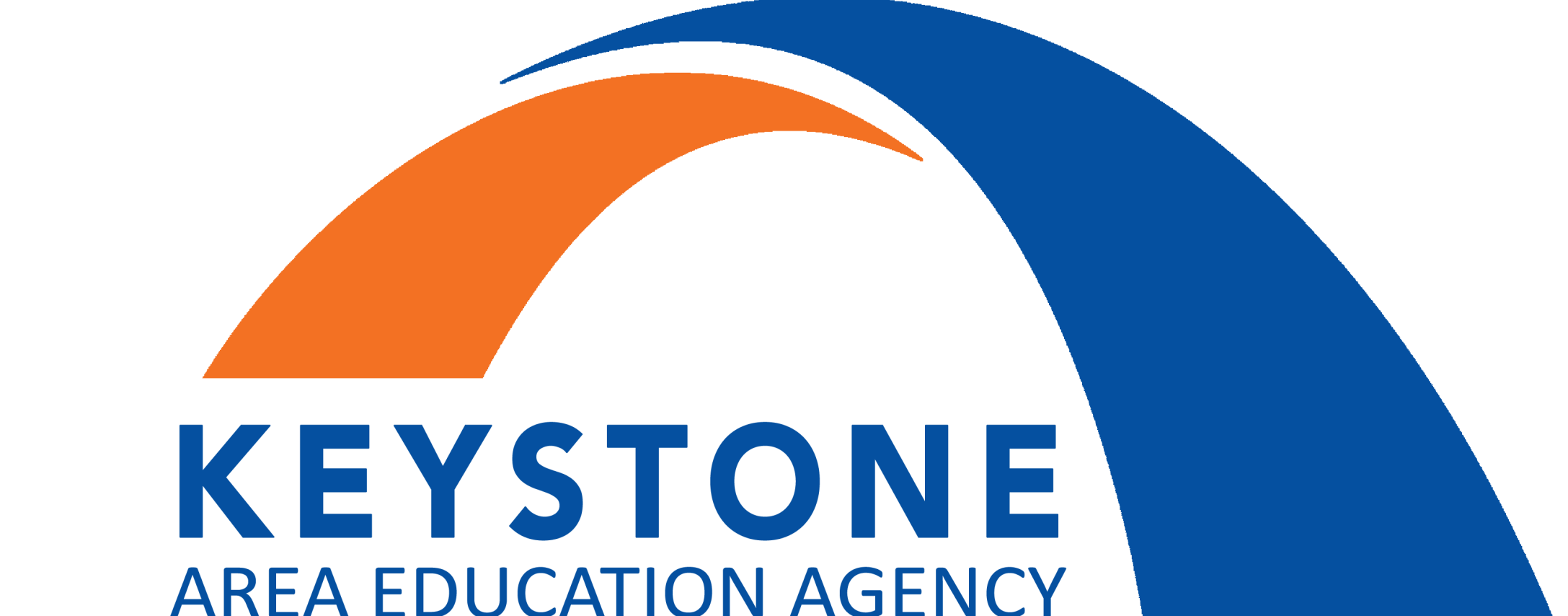Brain Injury Resource Team
A brain injury can happen at any time to anyone. Keystone AEA has a team of professionals ready to assist schools and families with information about the educational needs of students with acquired brain injuries.
The Brain Injury Resource Team:
- provides information about brain injury to school teams, parents, and other agencies.
- consults with teams during the evaluation of a child with an acquired brain injury.
- assists educators and parents in planning for the child’s re-entry into school and home.
- offers inservice training for educators, parents, and community organizations.
What is a Brain Injury?
“Traumatic brain injury means an acquired injury to the brain caused by an external physical force, resulting in total or partial functional disability or psychosocial impairment, or both, that adversely affect a child’s educational performance.
The term applies to open or closed head injuries resulting in impairments in one or more areas, such as cognition; language; memory; attention; reasoning; abstract thinking; judgement; problem solving; sensory, perceptual, and motor abilities; psychosocial behavior; physical functions, information processing; and speech.
The term does not apply to brain injuries that are congenital or degenerative or brain injuries induced by birth trauma.” Administrative Rules of Special Education-December 2009
Causes and Symptoms
Acquired brain injuries may be caused by one or more of the following:
- traumas from accidents, falls, assaults, bicycle accidents, car/motorcycle accidents, sports injuries, and surgical procedures.
- infections (e.g. meningitis, encephalitis)
- strokes and other vascular accidents
- injuries caused by a reduction in the oxygen supply to the brain from anesthetic accidents, hanging, choking, near drownings, and severe loss of blood
- tumors of the brain
- metabolic disorders (e.g. insulin shock, liver/kidney disease)
- toxic products taken into the body through inhalation or ingestion
- impairments in one or more of the following areas: cognition, problem solving, language, perceptual and/or motor abilities, sensory, memory, social behaviors, attention, abstract thinking, reasoning, physical functions, judgement, information processing, speech, These impairments may be either temporary or permanent and may cause a partial or total functional disability or psychological difficulty.
Middle school student, Cole, and his family share about how his teachers and Keystone AEA’s Brain Injury Resource Team have helped as he grows, learns, and enjoys all the opportunities that come his way.
Explore Resources:
Resources for Parents and Students
We understand how difficult it is to raise children. When you have a child with special needs, being a parent becomes even more challenging. The good news is that you don’t need to walk this journey alone. We are here to help.
Brain Injury Resources for Parents and Students
IEP / 504
The following educational questions should be addressed prior to determining appropriate programming:
- Who will act as the primary contact for the student’s total education program?
- How will the child’s environment and school day be modified to accommodate any special needs?
- What behavior management and/or emotional support procedures will be used by school personnel?
- Does the child require any support services (ex. nursing, speech, occupational/ physical therapy)?
- How will the student’s performance and progress be monitored, and who will be responsible for monitoring progress?
- How will the school/parent relationship be established and maintained?
- What resources might be required (general education /special education) to meet these needs?
For additional questions on 504 see your building administrator and/or consult the Keystone website for more information on 504 in LEA resources.
For additional questions on IEP see your building administrator, AEA core team member, or consult the Keystone AEA website on Special education resources.
K
Brain Injury Resource Guide for Families (a Mayo Clinic document, posted on the Brain Injury Association website)
Prevention
- Heads-up concussion prevention (pamphlet in English / Spanish)
- Concussion – Fact sheet for parent (sports related fact sheet in English / Spanish)
Resources:
Keystone has variety of resources available to be accessed within or media library
http://www.getschooledonconcussions.com/home.html
Resources for Educators
Keystone AEA is devoted to promoting the well-being of all children. As educators, we understand that each child is unique and presents with distinctive needs. Children with brain injuries often come to school with a host of challenges that must be addressed in the classroom. Because no two children are alike, and no two brain injuries are identical, identifying and meeting the needs of these children can be a lengthy process.
Brain Injury Resources for Educators
Web Links
Teacher concussion monitoring tool
Student Concussion monitoring tool
Tools
Brain Injury Resource Guide for Families (a Mayo Clinic document, posted on the Brain Injury Association website)
Prevention
- Heads-up concussion prevention (pamphlet in English / Spanish)
- Concussion – Fact sheet for parent (sports related fact sheet English/Spanish)
Resources:
Keystone has variety of resources available to be accessed within or media library
- http://www.biausa.org/
- http://www.biausa.org/Iowa/
- http://www.cdc.gov/TraumaticBrainInjury/
- http://www.projectlearnet.org/index.html
- Waiver
IEP / 504 Considerations
Special Education, IEPs and Assessment of Students
Assessments:
- Books
- NEPSY battery
- DEKAP’s
- Emotional Recognition Task
- Facial Recognition Task
- BRIEF
- Delis Rating of Executive Functioning
Tools
Executive Skills Interviews and Intervention Tools
Resources for Athletic Coaches
As coaches, you are often the first-line of defense against brain injuries, especially sports-related concussions. Our website offers one-stop shopping for some of the most commonly used resources, from Iowa’s “Return to Play” rules to the CDC’s “Concussion Fact Sheet for Coaches.”
Brain Injury Resources for Athletic Coaches
Iowa Concussion Management and Return to Participation Protocol
Iowa Legislation – Iowa Code Section 280.13C (Brain Injury Policies)
Video: CDC HEADS UP Concussion in Youth Sports
Concussion Fact Sheet For Coaches
